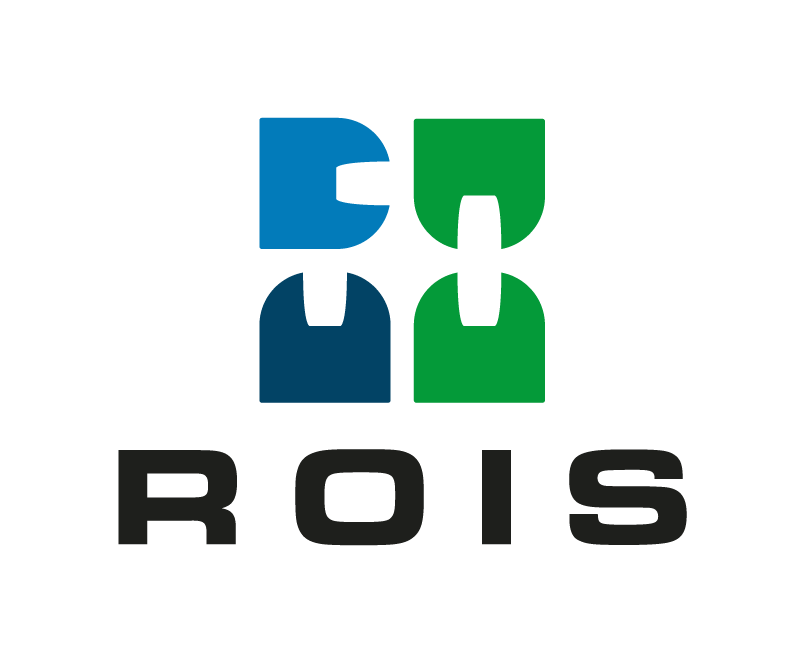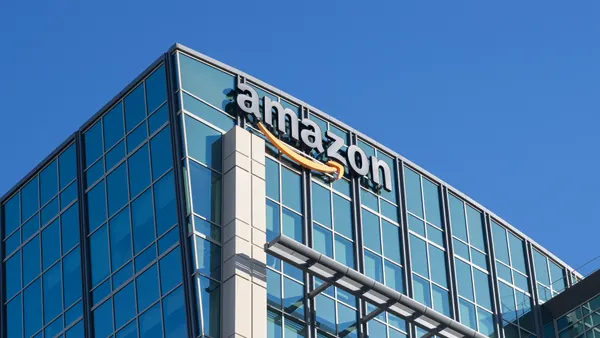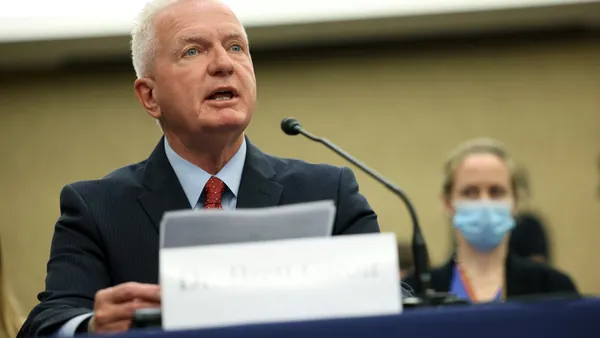Today, a brief rundown of news involving PTC Therapeutics and Eli Lilly, as well as updates from Regenxbio, Skyhawk Therapeutics and Adaptive Biotechnologies that you may have missed.
An experimental drug developed by PTC Therapeutics for the neuromuscular disorder Friedrich’s ataxia was rejected by the Food and Drug Administration, the company disclosed Tuesday. According to PTC, the agency determined data supporting the drug, called vatiquinone, did not prove “substantial evidence of efficacy,” and said PTC would need another positive study to resubmit its application. In the main study of vatiquinone, treatment was not associated with a significant change on the trial’s main goal, although PTC claimed positive findings on a prespecified secondary measure. Analysts were not surprised by the rejection, as PTC executives had recently said they weren’t in labeling discussions with the agency. — Ned Pagliarulo
Eli Lilly priced nearly $7 billion in corporate bond issues, including $1 billion in a long-dated tranche that matures in 40 years. In a prospectus, Lilly said proceeds from the bond sales will be used for “general corporate purposes,” potentially including the repayment of existing notes. Lilly, which earned about $8.5 billion in net income over the first six months of the year, held around $3.4 billion in cash and cash equivalents at the end of June. It has nearly $40 billion in total debt. — Ned Pagliarulo
The FDA delayed by three months a decision whether to approve what would be the first gene therapy for Hunter syndrome. According to Regenxbio, which is developing the treatment, the agency extended its review deadline from Nov. 9 to Feb. 8 after the company added longer-term data from the key trial supporting its application. Those data are “consistent” with results previously submitted on the therapy, RGX-121, and the agency hasn’t raised any safety concerns either, Regenxbio said Monday. The delay is reflective of both the “recent turnover” at the FDA’s Center for Biologics Evaluation and Research as well as “specific review issues” for Regenxbio, wrote Leerink Partners analyst Mani Foroohar. — Ben Fidler
Biotechnology startup Skyhawk Therapeutics will collaborate with Merck KGaA to develop RNA-targeting small molecules for unspecified neurological diseases "with high unmet need," the companies announced Monday. Skyhawk will steer discovery and preclinical work for each program involved in the deal, with Merck then leading further development and commercialization for each drug it opts to license. The biotech is eligible to receive more than $2 billion overall, though it didn't specify how much of that total will be paid upfront. Skyhawk has a pipeline of in-house drugs as well as a portfolio of more than a dozen preclinical programs partnered with other drugmakers, according to its website. — Ben Fidler
Roche’s Genentech division has ended a yearslong alliance with Adaptive Biotechnologies to develop personalized cell therapies for cancer. In a regulatory filing on Monday, Adaptive revealed the deal will be terminated effective Feb. 9, 2026. Adaptive got $300 million upfront when the two firms first announced a deal in January 2019. The collaboration is the second cell therapy pact to be recently canceled by Genentech, following the termination of a partnership with Adaptimmune last year. — Ben Fidler













